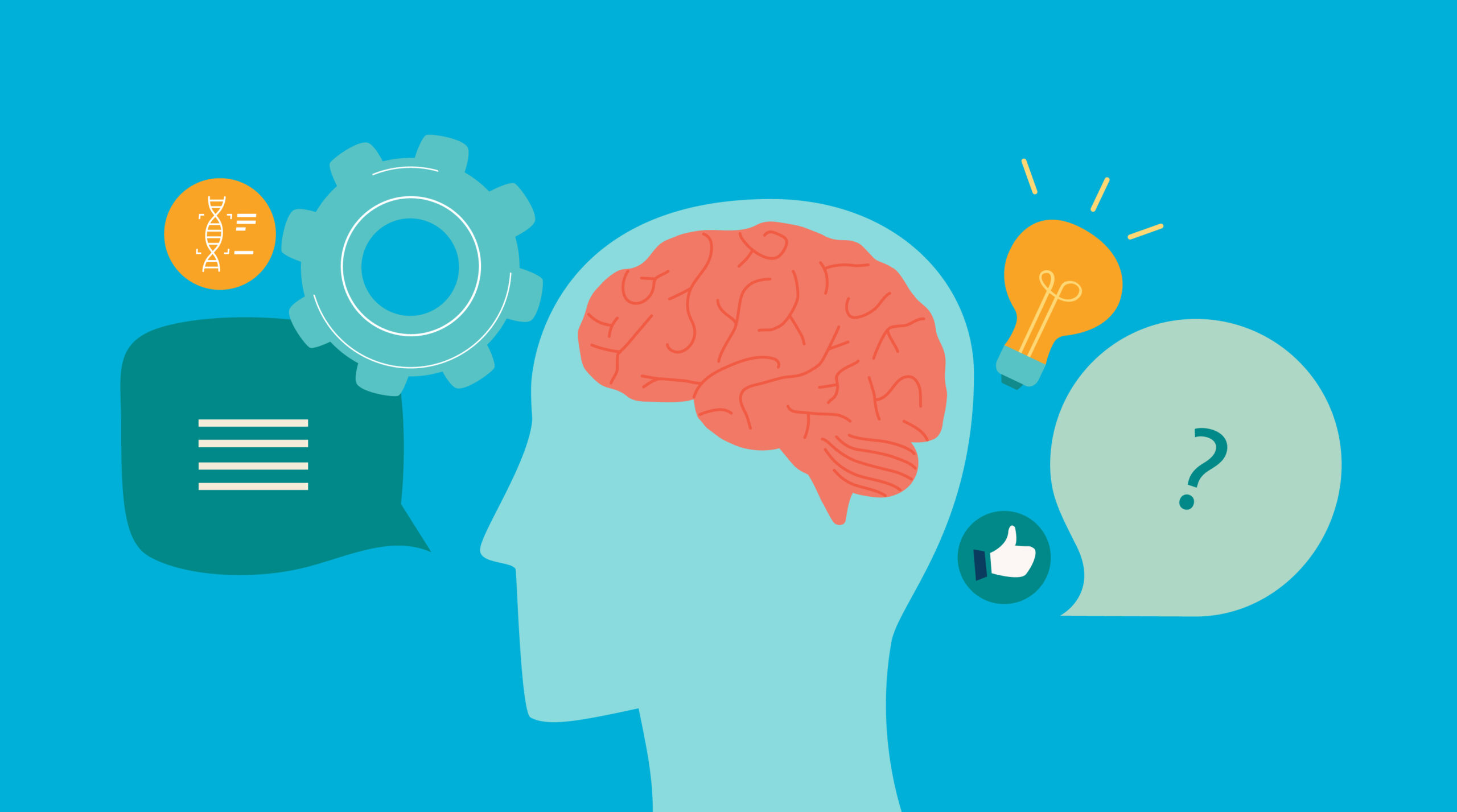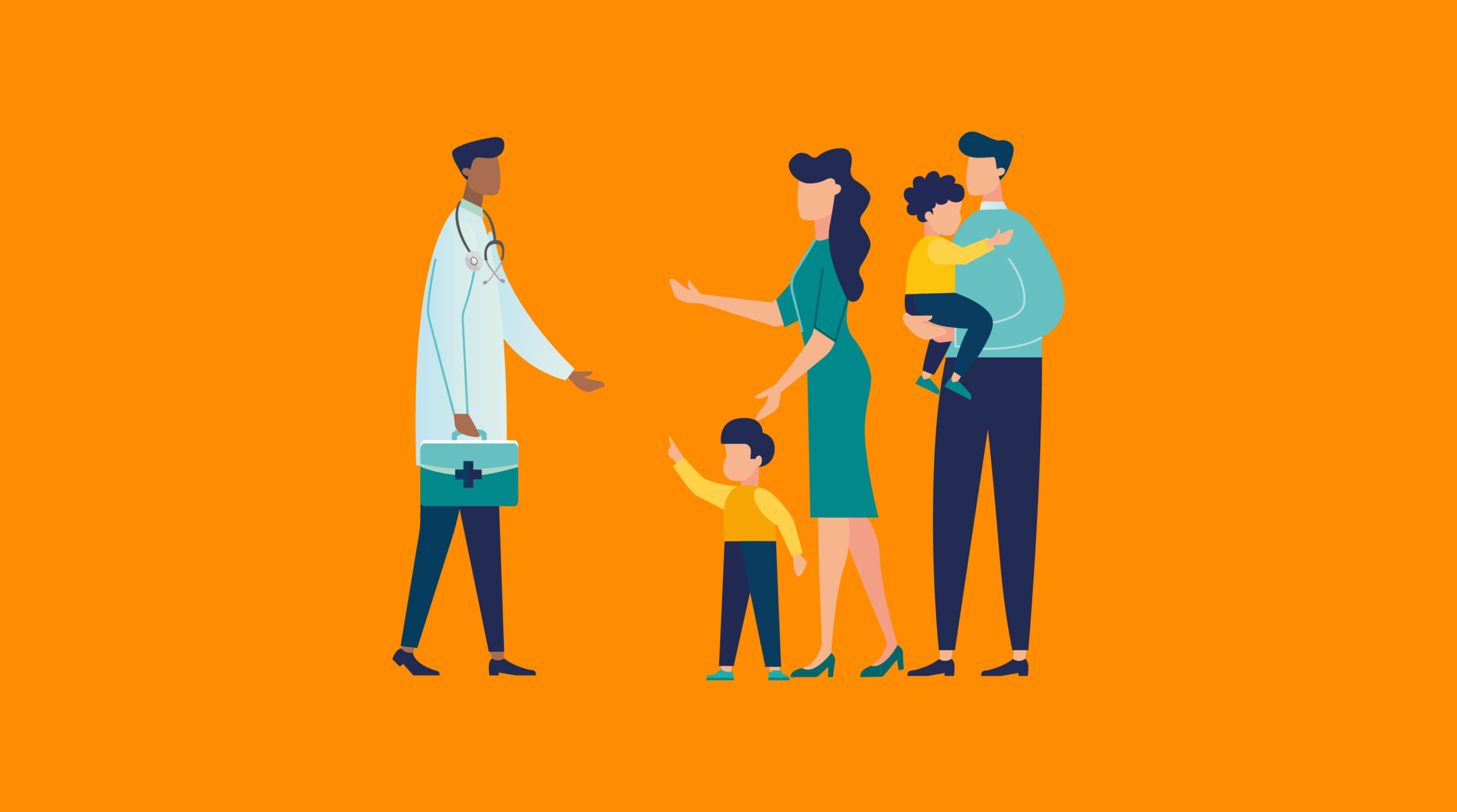Conspiracy theories and scary stories are more likely to circulate among teams who feel stressed and lacking in energy
Nearly 30 percent of Americans believe that Covid-19 was created by humans in a laboratory and almost a quarter of those think that humans created it intentionally, according to a survey by the Pew Research Center published last year. Meanwhile, the YouGov-Cambridge Globalism Project, a survey of about 26,000 people in 25 countries designed in collaboration with the Guardian, revealed that one in five respondents in Britain thought the Covid-19 fatality rate may have been exaggerated with nearly a half (46 per cent) of those interviewed in Greece taking this view.
Is there a connection between the long periods of lockdown we’ve endured and the growth of conspiracy theories? Our work supporting the senior leadership team of a large organisation that’s going through a major change programme suggests that the answer might be yes.
The group asked us why we thought that their employees always seem to be making up stories about what’s happening with the organisation. These theories, needless to say, tend to assume the worst. The answer to our client’s question is that this is a prime example of “negativity bias”. When we don’t know something – as we often don’t during periods of change – it makes sense to assume the worse, just in case. This is a naturally evolved defence mechanism. However, during periods of particularly disruptive corporate change, this seems to almost become turbocharged.
Core social motives
To help this senior leadership team to understand and manage this phenomenon, we advised them to look at the situation though the lens of five “core social motives”. Developed by Susan Fiske, Eugene Higgins Professor of Psychology and Public Affairs in the Department of Psychology at Princeton University, these consist of a set of five strong motivations that you’d expect any social species like ours to use in order to evolve.
They are:
- Belonging: “People need strong, stable relationships with other people,” writes Professor Fiske. “Belonging to a group helps individuals to survive psychologically and physically”
- Understanding: In order to belong we’re motivated to create a shared social understanding.
- Controlling: This “encourages people to feel effective in dealing with their social environment and themselves. Control entails a relationship between what people do and what they get.”
- Enhancing Self: This “involves either maintaining self-esteem or being motivated by the possibility of self-improvement”
- Trusting: “Seeing the world as a benevolent place,” enables us to participate in many group activities without undue suspicion or vigilance.
Point three here is particularly interesting when we think about conspiracy theories and the circulation of frightening stories. In addition to what our client is seeing, this idea of not being in control could explain what is happening in wider society.
As we point out in our book, Be Bulletproof: How to Achieve Success in Tough Times at Work, studies show that a lack of control leads to higher levels of the stress hormone cortisol among employees. Findings from research by from the School of Psychology, Deakin University and Swinburne University of Technology, both in Australia, back this up.
Who do conspiracy theories appeal to?
“It has been noted that individuals who endorse conspiracy theories are likely to be higher in powerlessness, social isolation, and anomia, which is broadly defined as a subjective disengagement from social norms,” say the researchers. “Such disengagement from the normative social order may result in greater conspiratorial thinking for a number of related reasons. First, individuals who feel alienated may consequently reject conventional explanations of events, as they reject the legitimacy of the source of these explanations. Due to these individuals feeling alienated from their peers, they may also turn to conspiracist groups for a sense of belonging and community, or to marginalised subcultures in which conspiracy theories are potentially more rife.”
In times of confusion when misinformation, circulated maliciously or unintentionally, offers a simple solution that fits with our prejudices and world view it’s very easy just to accept it. According to Marta Marchlewska, a social and political psychologist who studies conspiracy theories at the Polish Academy of Sciences, we use unconscious assumptions and estimates to make decisions quickly in our everyday lives. Those of us who are feeling stressed and anxious and who view the world as a particularly chaotic, uncertain place over which we have less control than usual at the moment, may be even more reliant on these cognitive – but not always reliable – shortcuts to make sense of the world.
Stress – sufferers are not who you’d think they are
You might think that it was the senior leadership team that would be most stressed and anxious, given their responsibilities. In fact, this is often not the case. A major research project conducted among UK civil servants and led by Sir Michael Marmot, Professor of Epidemiology and Public Health at University College London, revealed that it was those lower down the management chain who suffered most because of stress.
One reason for this degree of stress and the resulting levels of cortisol was a lack of control. Put simply these more junior people didn’t feel that they had the same level of control over their working lives that more senior people did. No one would deny that organisations need rules and employees need responsibilities and targets. However, giving teams more of a sense of control reduces the likelihood of conspiracy theories emerging and is more likely to reduce the anxiety that frequently triggers them.





